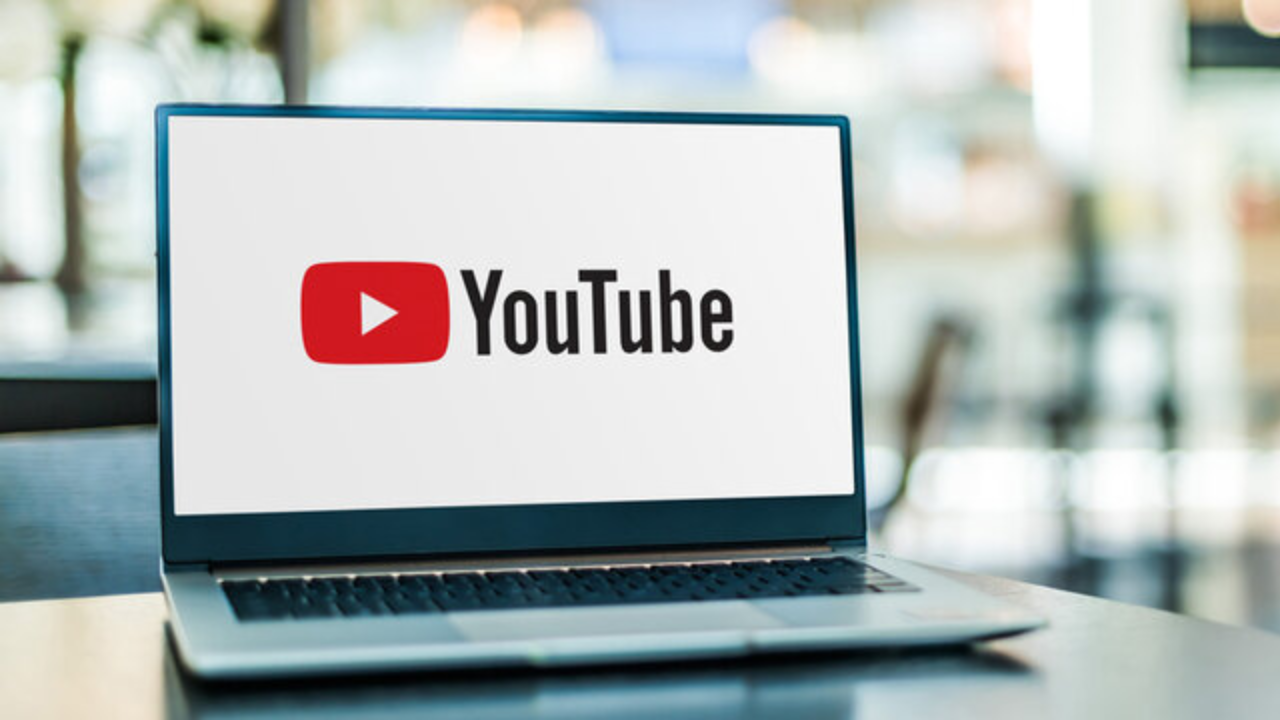YouTube clarifies monetisation policy update targeting inauthentic content

YouTube has clarified changes to its monetisation guidelines set to take effect on July 15, 2025, following concerns from creators over the implications of a recently announced policy update targeting 'inauthentic' content.
The update refines YouTube’s long-standing requirement for 'original' and 'authentic' uploads as part of the YouTube Partner Program (YPP). The platform stated it is introducing improved detection measures to identify and address 'mass-produced' or 'repetitive' content that lacks originality.
According to YouTube’s revised policy language, the company is targeting “channels that upload narrative stories with only superficial differences between them” and “channels that upload slideshows that all have the same narration.” The goal, the company said, is to curb low-effort content that adds minimal value to the viewer experience.
YouTube’s Creator Liaison, Rene Ritchie, explained that the previous term “repetitious content” is now being replaced with “inauthentic content” to more accurately reflect current concerns, including emerging trends in mass content replication.
The update has prompted speculation among creators, particularly over whether AI-generated content will be affected. YouTube has responded by stating that the change does not specifically target AI-generated videos. Channels using AI tools for creative enhancement remain eligible for monetization, provided the content offers “significant original commentary, modifications, or educational or entertainment value.”
Re-used content from other platforms will also continue to be monetisable under the revised rules if creators transform it with meaningful input.
YouTube emphasised that this is a minor update to improve policy enforcement and reaffirmed that it does not impact creators who are using AI tools responsibly or re-sharing content with added value.
The platform has also recently taken action against fake AI-generated movie trailers, though it has not issued a separate policy update regarding that category.
The changes come as part of YouTube’s broader effort to maintain quality standards within its partner program and protect viewers from deceptive or low-effort content practices.
News